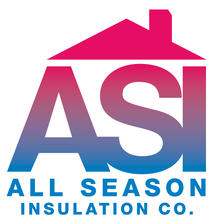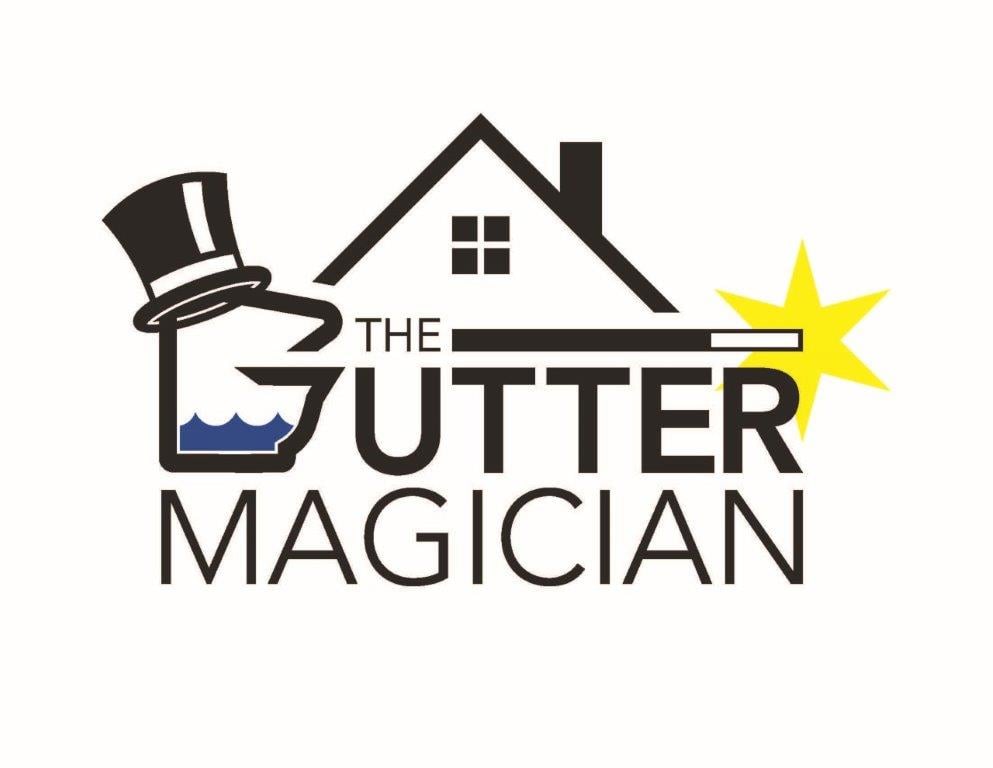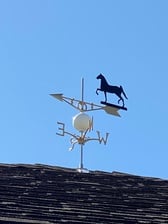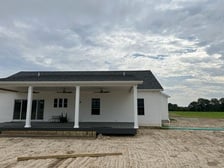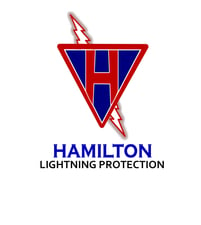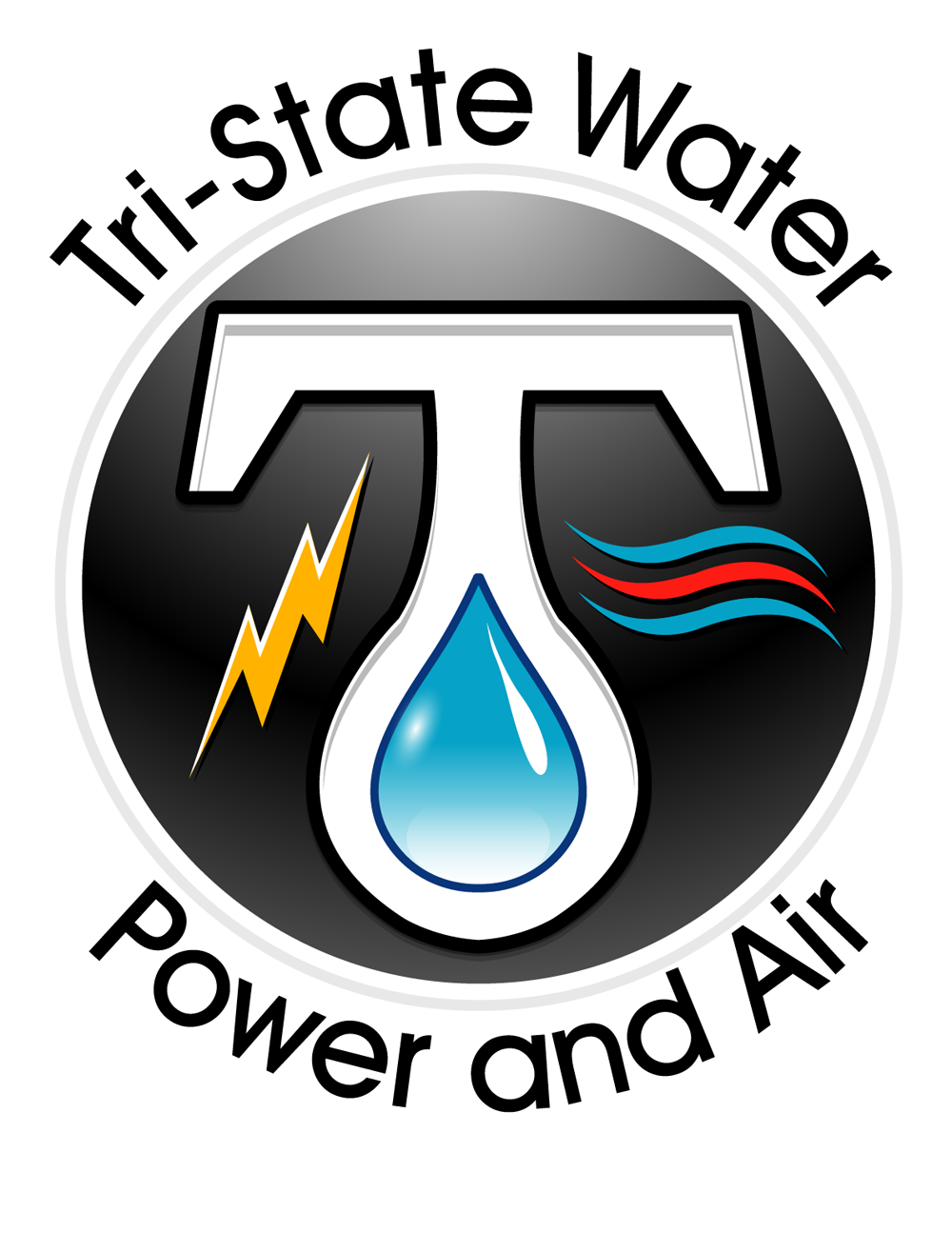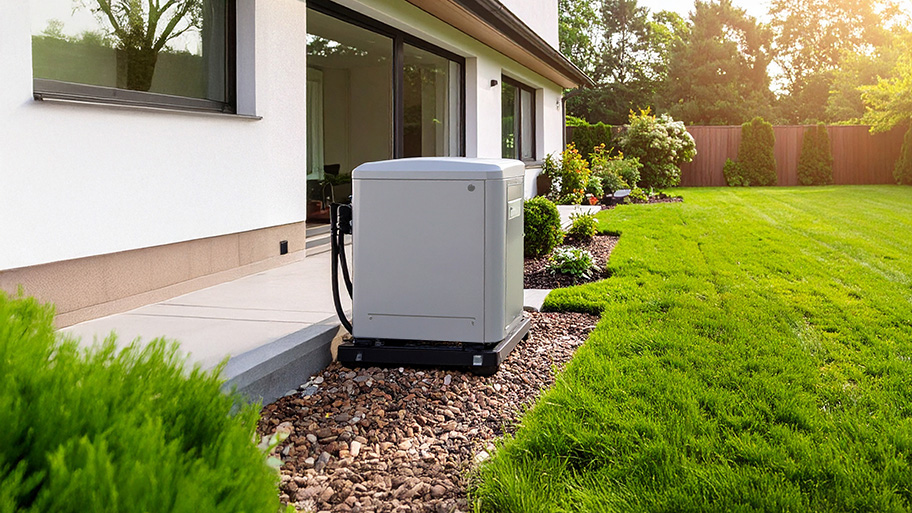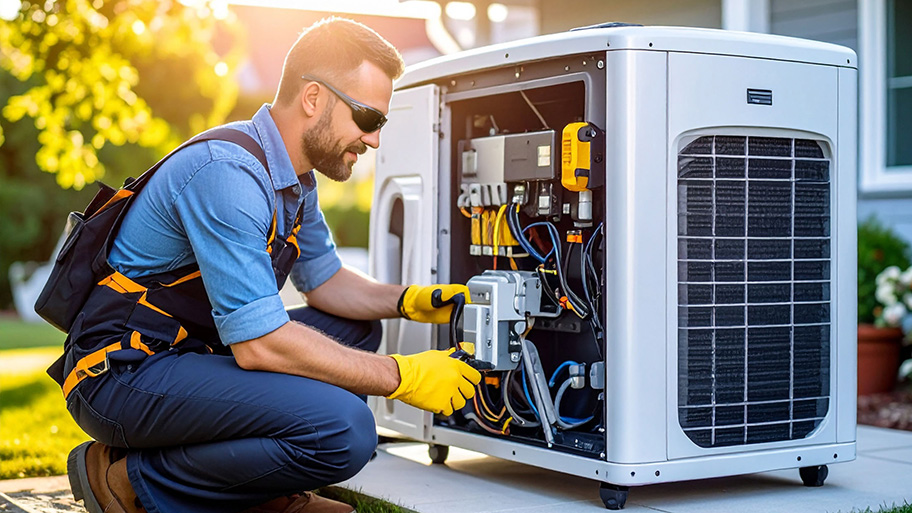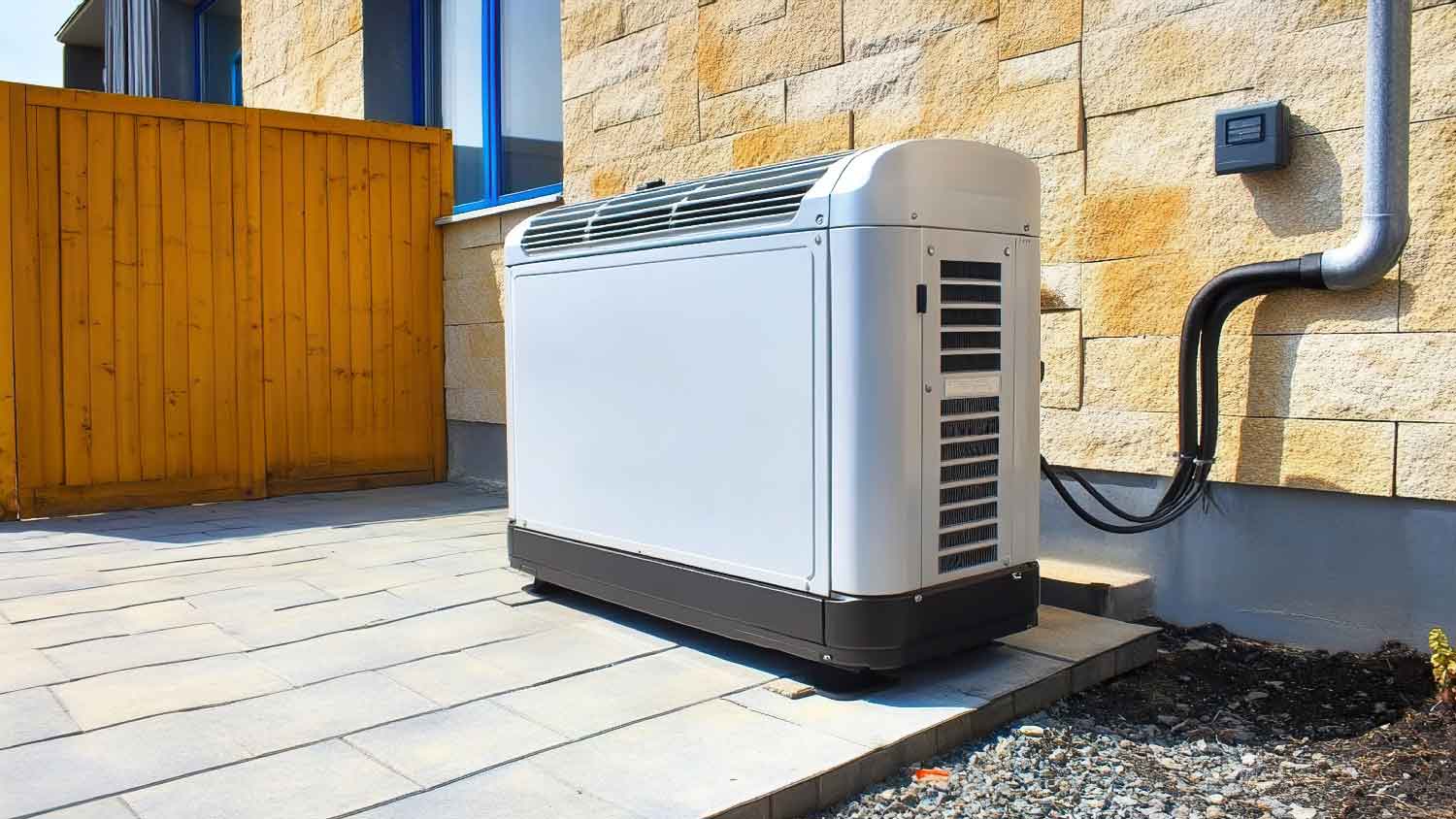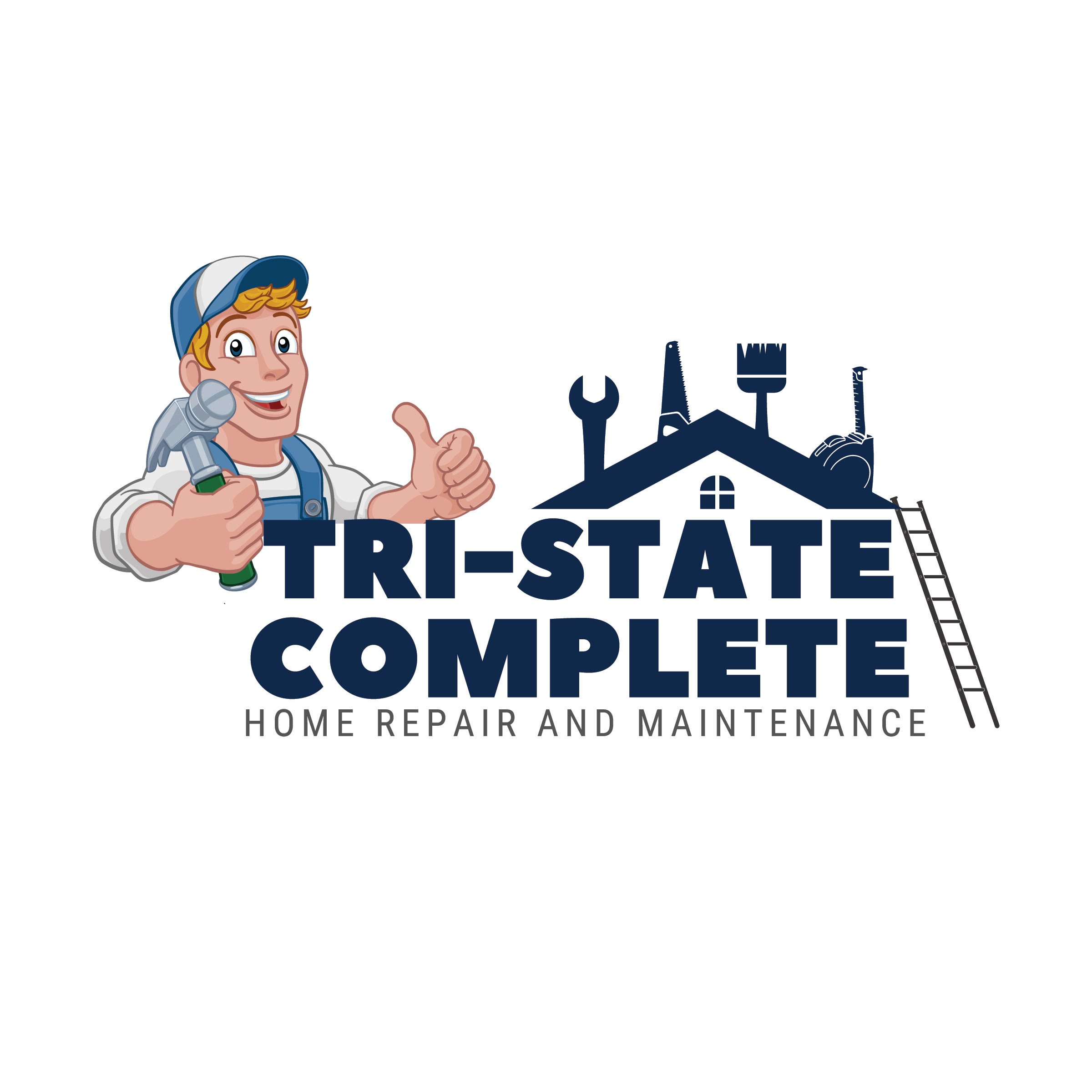
Tri State Complete Home Repair and Maintenance
Tri State Complete Home Repair and Maintenance
We are a family owned and operated complete home repair, maintenance and remodeling company. We have over 29 years of experience in residential remodeling, repairs, maintenance and construction. We believe in and provide premium craftsmanship for all of your home needs. We are professional, trustworthy and reliable. We service the entire Tristate area.
"They came on time and did a wonderful job"
Amelia B on September 2025
We are a family owned and operated complete home repair, maintenance and remodeling company. We have over 29 years of experience in residential remodeling, repairs, maintenance and construction. We believe in and provide premium craftsmanship for all of your home needs. We are professional, trustworthy and reliable. We service the entire Tristate area.
"They came on time and did a wonderful job"
Amelia B on September 2025




